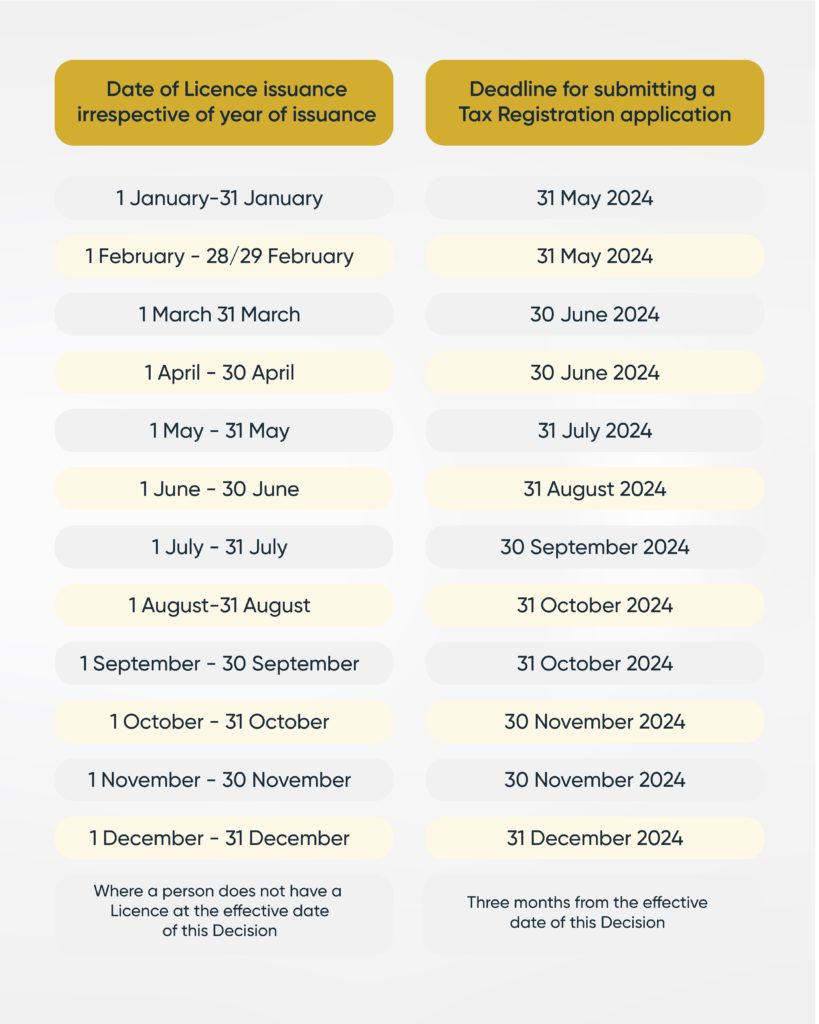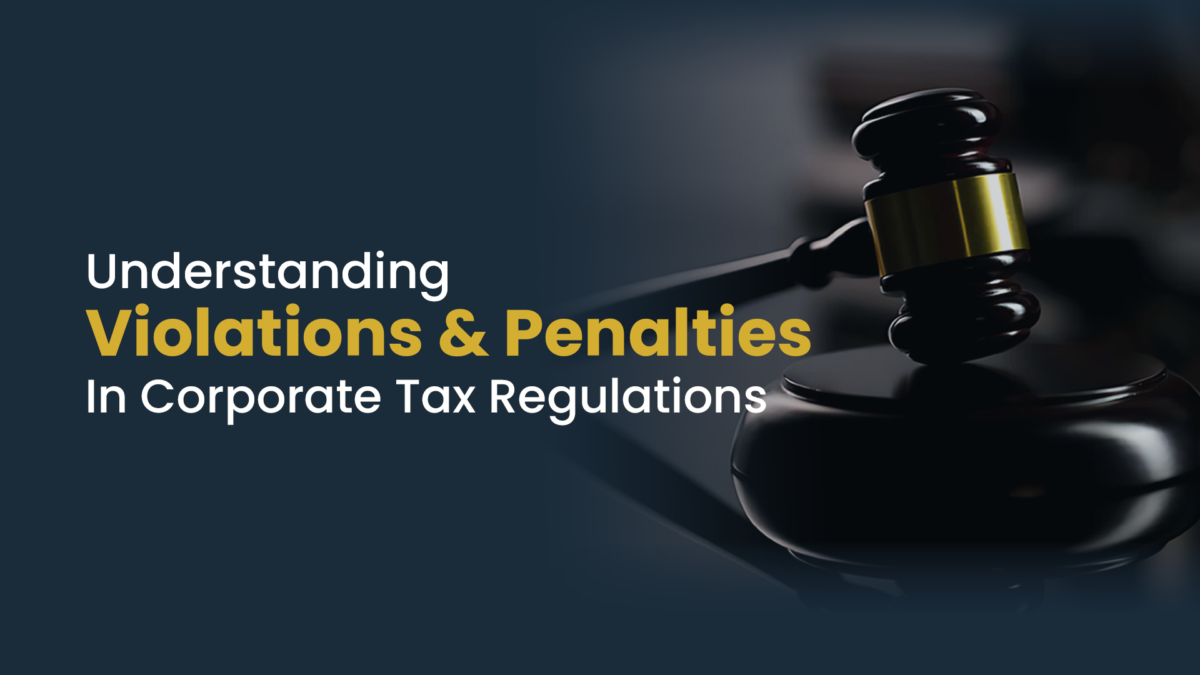The United Arab Emirates (UAE) has long been recognized for its business-friendly environment, characterized by the absence of corporate and personal tax. However, a significant shift has occurred with the introduction of the UAE Corporate Tax (CT) law through Federal Decree-Law No. 47 of 2022 on the Taxation of Corporations and Businesses (CT Law). This new legislation has far-reaching implications for taxpayers, particularly for Holding Companies.
Let’s explore how this new legislation affects the Holding Companies.
Understanding Holding Companies
Holding Companies primarily hold controlling interests in other companies. Their income typically comes from dividends, capital gains, and interest. The UAE law defines a Holding Company as a company that establishes or controls subsidiaries through shares or membership interests, allowing it to influence their decisions.
Definition under Company Law (Federal Decree-Law No. 32 of 2021)
Article 268 – Definition of the Holding Company
A Holding Company is a Joint Stock Company or a Limited Liability Company that establishes subsidiaries inside the State or abroad or controls existing companies by holding shares or membership interests, enabling such a Company to control the management of the subsidiary and influence its decisions.
The name of the Company followed by the expression ‘Holding Company’ shall appear on all papers, advertisements, and other documents issued by the Holding Company.
Definition as per UAE Economic Substance Regulations (ESR)
A company that:
- Has acquisition and holding of shares or equity interests in other companies as its sole activity.
- Derives its income solely from dividends and capital gains on its equity interests.
Taxation for Holding Companies
The tax treatment of a Holding Company depends on its location:
- Free Zone: Companies in Free Zones like Abu Dhabi Global Market (ADGM) or Dubai International Financial Centre (DIFC) may be eligible for a 0% tax rate if they qualify as Qualifying Free Zone Persons (QFZPs). To achieve this, they must demonstrate sufficient substance in the Free Zone, comply with transfer pricing rules, and have audited financial accounts. Income from holding shares for at least 12 months is considered a Qualifying Activity, making such Holding Companies likely to benefit from the 0% CT rate.
- Mainland: Holding Companies outside Free Zones (mainland) are generally subject to the 9% CT unless their income falls under exemptions listed in Article 22 of the CT Law. This includes dividends and capital gains from domestic companies and, under certain conditions, dividends and profits from foreign subsidiaries.
Exempt Income for Holding Companies on Corporate Tax
Holding Companies can significantly reduce their tax burden through various exemptions:
- Dividends from Resident Companies: Dividends received from UAE-incorporated companies are generally exempt from CT. This promotes domestic investment and simplifies the tax structure.
- Dividends from Foreign Shareholdings: Dividends from foreign subsidiaries can also be exempt if the Holding Company meets the Participation Exemption requirements (refer to a separate post for details).
- Capital Gains from Shareholdings: Capital gains from selling domestic or foreign shares may be exempt under the Participation Exemption, encouraging long-term investment.
- Headquarter Services in Free Zones: Headquarter services provided to related parties in the same Free Zone or across jurisdictions qualify as a Qualifying Activity for QFZPs. This includes management, administrative, or strategic services.
Taxable Income for Holding Companies
Not all income streams are exempt from the tax, let’s look at the income categories which falls under the purview of taxation:
- Interest Income: Interest earned from loans, exceeding a specific limit, is generally taxable. Additionally, interest expenses on loans from related parties used for dividend distributions or capital activities may not be deductible unless a legitimate business purpose is demonstrated.
- Rental Income: Rental income is generally taxable, with exemptions under specific conditions (e.g., commercial property income within a Free Zone earned from another Free Zone person is taxed at 0%).
- Service Fees: Fees for management, consultancy, strategic advisory, or administrative support provided to subsidiaries are subject to Corporate Tax.
- Royalties: Royalties received for intellectual property (patents, trademarks, copyrights) are taxable.
- Foreign Exchange Gains: Gains arising from foreign exchange transactions, realized or unrealized, are taxable.
The UAE’s new corporate tax law has some changes that Holding Companies need to grasp. However, by staying informed and meeting the requirements for exemption, you can keep your Holding Company business thriving in the UAE’s pro-business climate. Think of it as a chance to showcase your company’s legitimacy to unlock tax benefits.
MS for corporate tax compliance of Holding companies in the UAE
MS can be a valuable partner for Holding Companies for understanding the nuances of the new UAE Corporate Tax law. We offer thorough support, assisting with Free Zone and substance requirements for the 0% tax rate, ensuring compliance with transfer pricing regulations, managing tax record keeping and reporting, and keeping you updated on the evolving tax landscape. Let us help your Holding Company thrive in the new UAE corporate tax environment.











